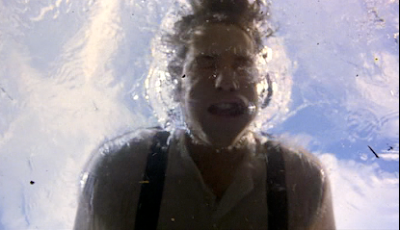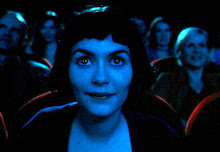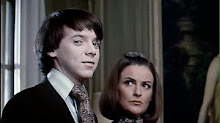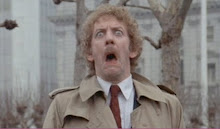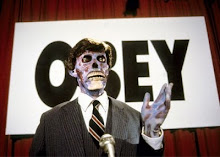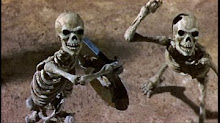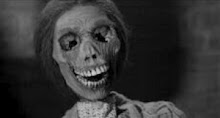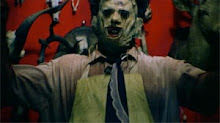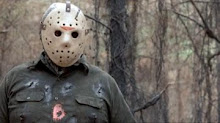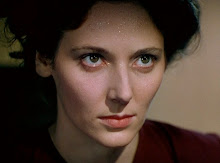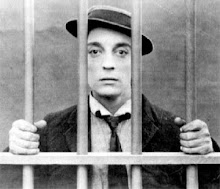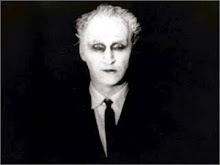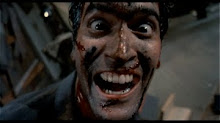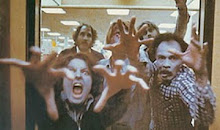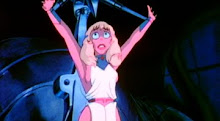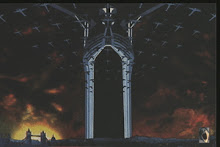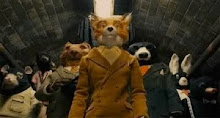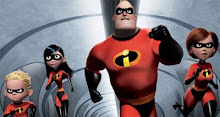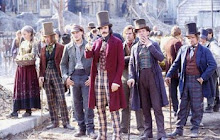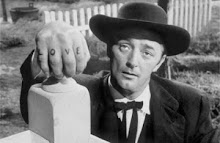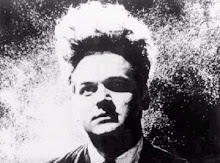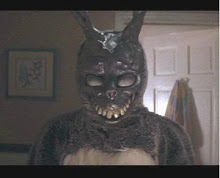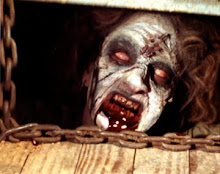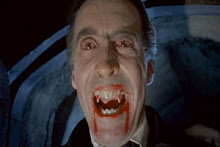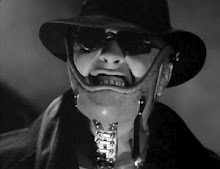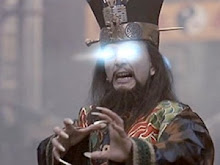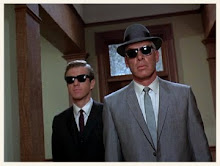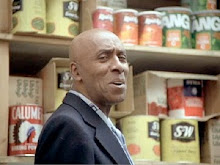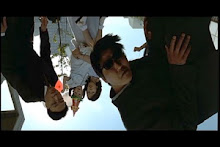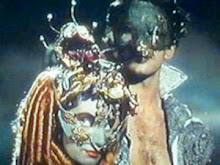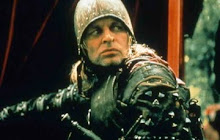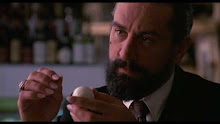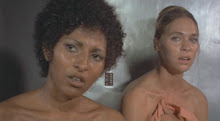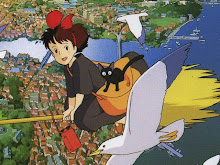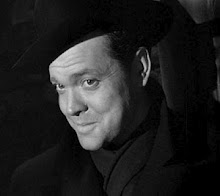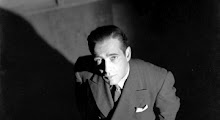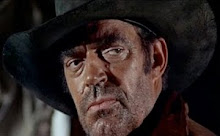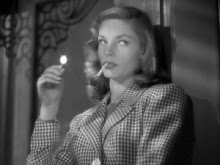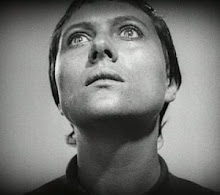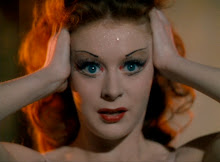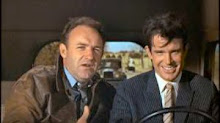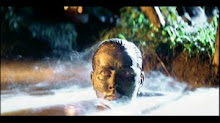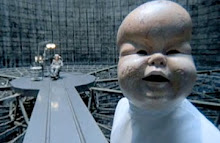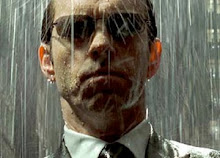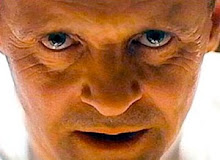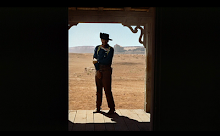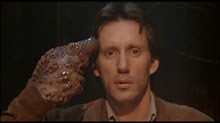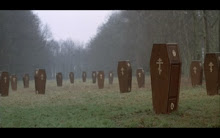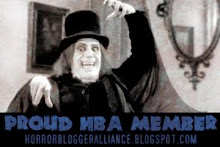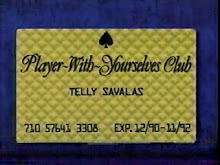The gratifying surprise of both of the Kung Fu Panda films is how well they work as Kung Fu movies (certainly they serve as better gateway drugs than anything else America has produced, unless Romeo Must Die really got the kids excited). While concessions are made to the narrative conventions of the American family film, there is such transparent affection for (and more importantly understanding of) the genre evident in the films that it’s tough for me to imagine anyone who shares that affection not enjoying them. Though Kung Fu Panda 2 obviously doesn’t have the surprise of the first film (which upon its build up looked just as crass as anything else that Dreamworks was crapping out at the time) it proves itself a worthy successor to it. Head and shoulder’s above the rest of the Dreamworks pack in the creativity of its design, beauty of its animation, and solidity in its storytelling.
Kung Fu Panda 2 expands its world and its canvas with an interesting story (borrowing elements from Once Upon A Time In China of all places) and a fine Gary Oldman villain. Proving that there are few things in film as inherently pleasurable as an evil Gary Oldman performance (one of those things happens to be James Howe and hey look at that!) Oldman plays a villain who in fine Kung Fu tradition, plans to conquer the whole of China with his modernized army. Oldman’s character, Lord Shen, his army, his city and his machinery are all strikingly designed. Indeed one of the pleasures that Kung Fu Panda carries over from its predecessor is how pleasurable it is just to look at. Its animation is bright without being garish, expressive without being overly cartoonish and at times dark without being oppressive. Most importantly there’s variety (even 2D!) It’s the exact opposite of The How To Train Your Dragon school of “We have three character models and you’re going to be intimately acquainted with all of them!!” Which made that film such a chore to watch.
As in the first film, casting is half of magic. The core cast of Angelina Jolie, Lucy Liu, David Cross, Seth Rogen, and Jackie Chan are fine and warmly appealing, while Jack Black somehow mugs less as an animated character (Also James Hong. James Hong is awesome). The film brings in Michelle Yeoh who is always welcome, and Gary Oldman, who lets face it, can pretty much make me happy doing anything. Though he proves once again that playing villains is what he’s born to do. It’s like Dave Grohl with the drums. Sure it’s nice to see him front The Foo Fighters, but when he’s banging the skins all is right in the world. The only disappointment is Dustin Hoffman, whose spry comic performance in the first film was one of its best surprises and here is reduced to little more than a cameo.
Kung Fu Panda 2 might not reinvent the wheel. Nor is it likely to win over unimpressed with the first film. However, I am more than content to watch these warm strange little gateway drugs continue their completely unexpected run of quality.





